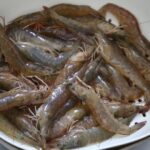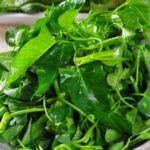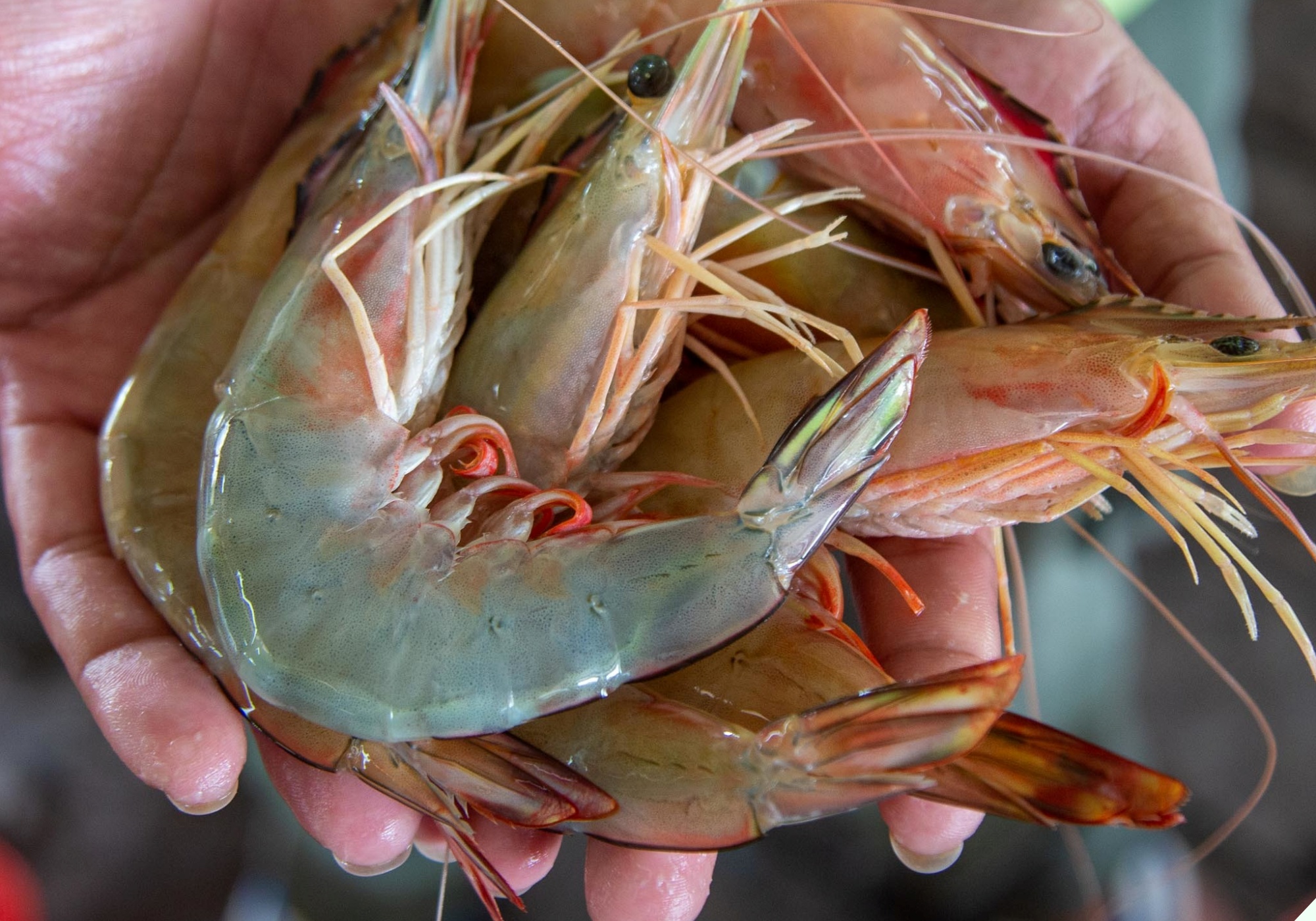
Shrimp is a versatile ingredient that can be used in a variety of delicious dishes, such as shrimp stew, garlic shrimp, and the most popular, boiled shrimp.
Boiling shrimp may seem simple, but it’s easy to make a mistake that can ruin the taste and texture. One wrong step and your shrimp could end up rubbery, fishy, and tough – a waste of good ingredients.
The key to successful shrimp cooking lies in eliminating any fishy odor. Let’s explore the best ways to do this.
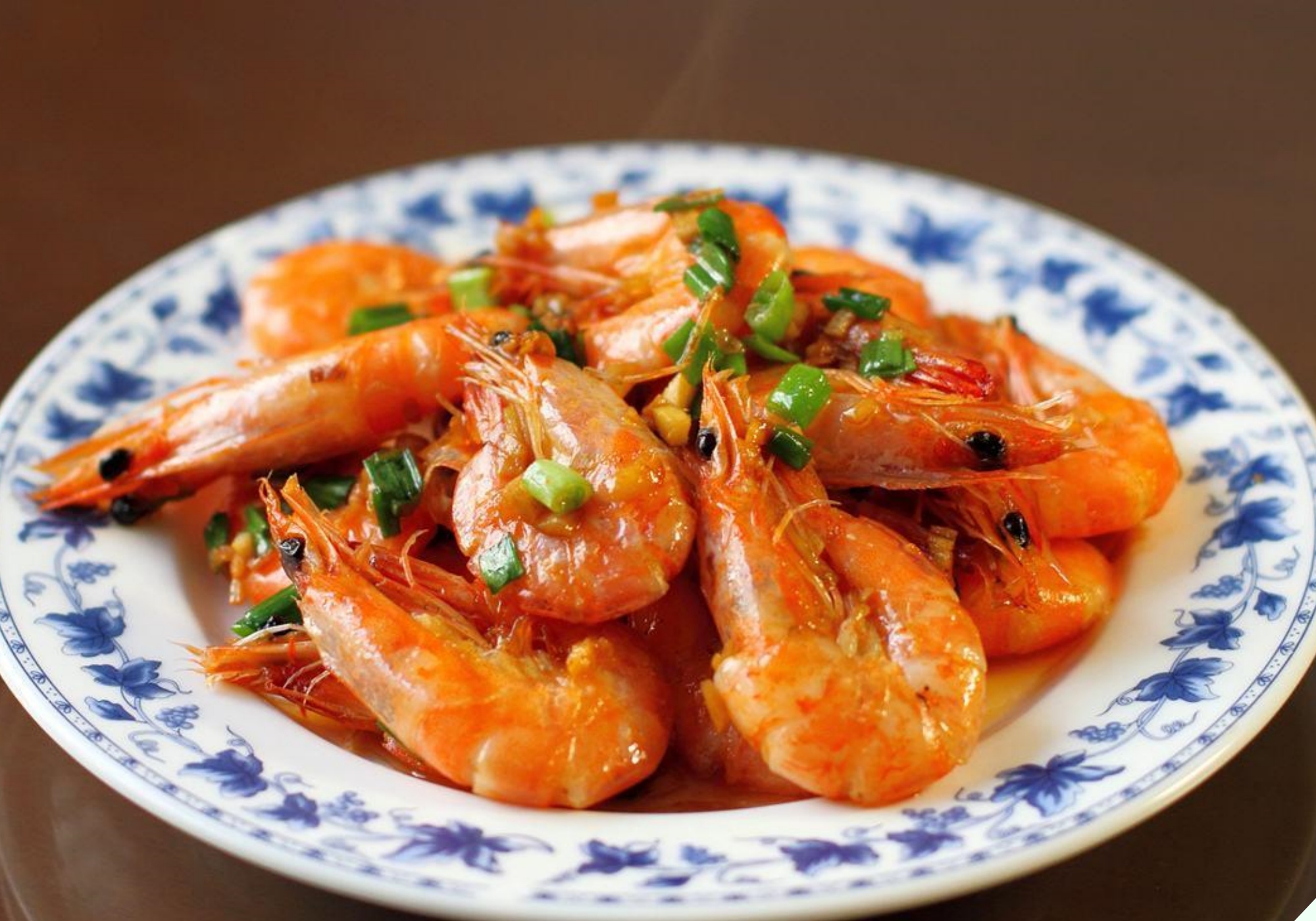
You might have heard that using scallions, ginger, and cooking wine can help eliminate the fishy smell. However, this method is not very effective, and sometimes it can even make the odor worse.
Why You Shouldn’t Use Scallions, Ginger, and Cooking Wine When Boiling Shrimp
Scallions, ginger, and cooking wine are commonly used to remove the fishy odor from meat. However, the fishy smell of shrimp is quite mild, and it has a natural umami flavor. Using scallions and ginger can overpower the natural taste of the shrimp.
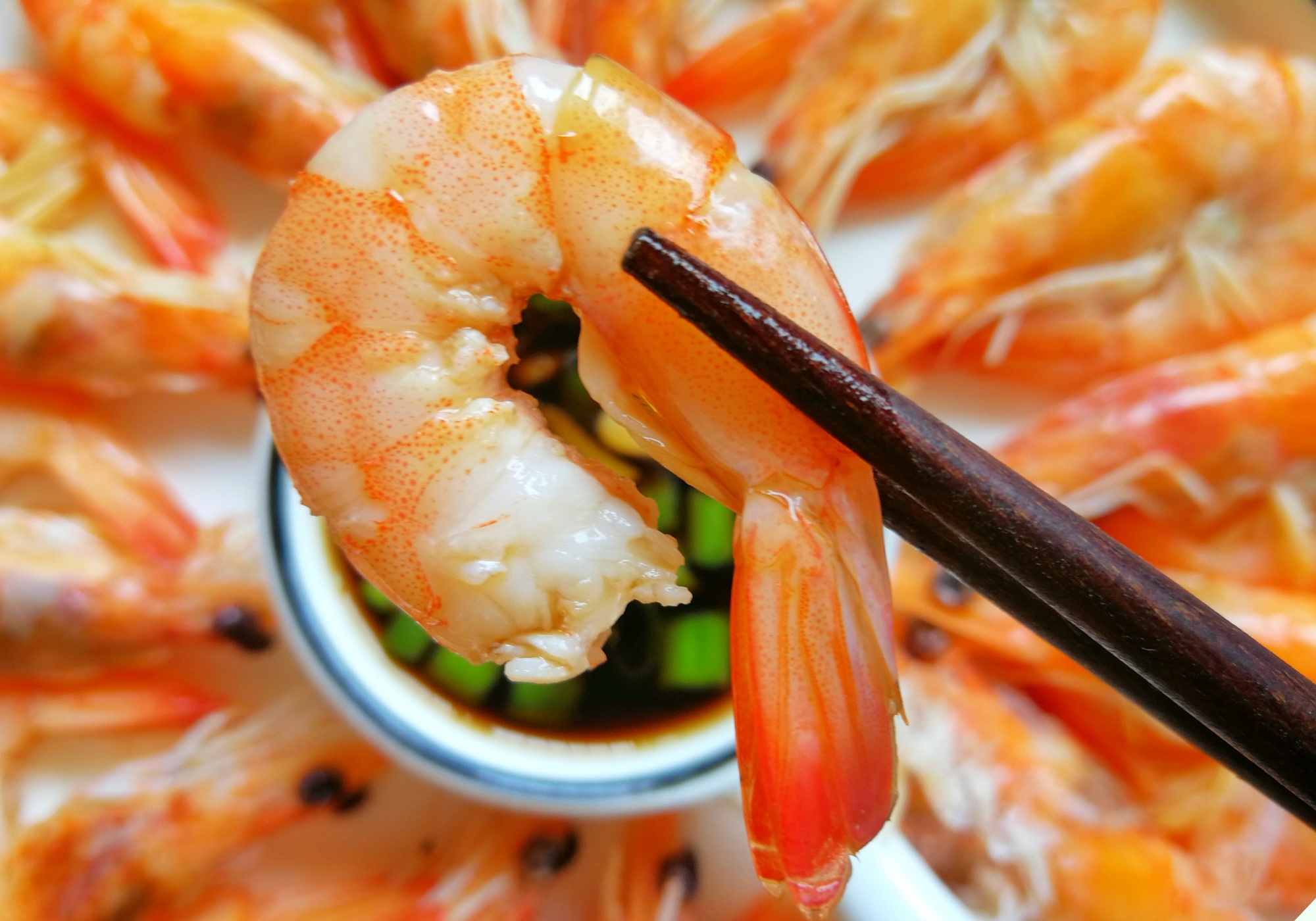
As for cooking wine, when we boil shrimp, we usually cover the pot. This prevents the alcohol from evaporating, and the fishy smell becomes more concentrated.
Instead of using these ingredients, professional chefs often rely on just salt to boil shrimp.
Simple Ways to Eliminate the Fishy Odor from Shrimp
1. Remove the Black Vein from the Shrimp
Whether you’re using fresh or frozen shrimp, it’s important to remove the black vein that runs along the back. This not only improves hygiene but also helps reduce any fishy odor.
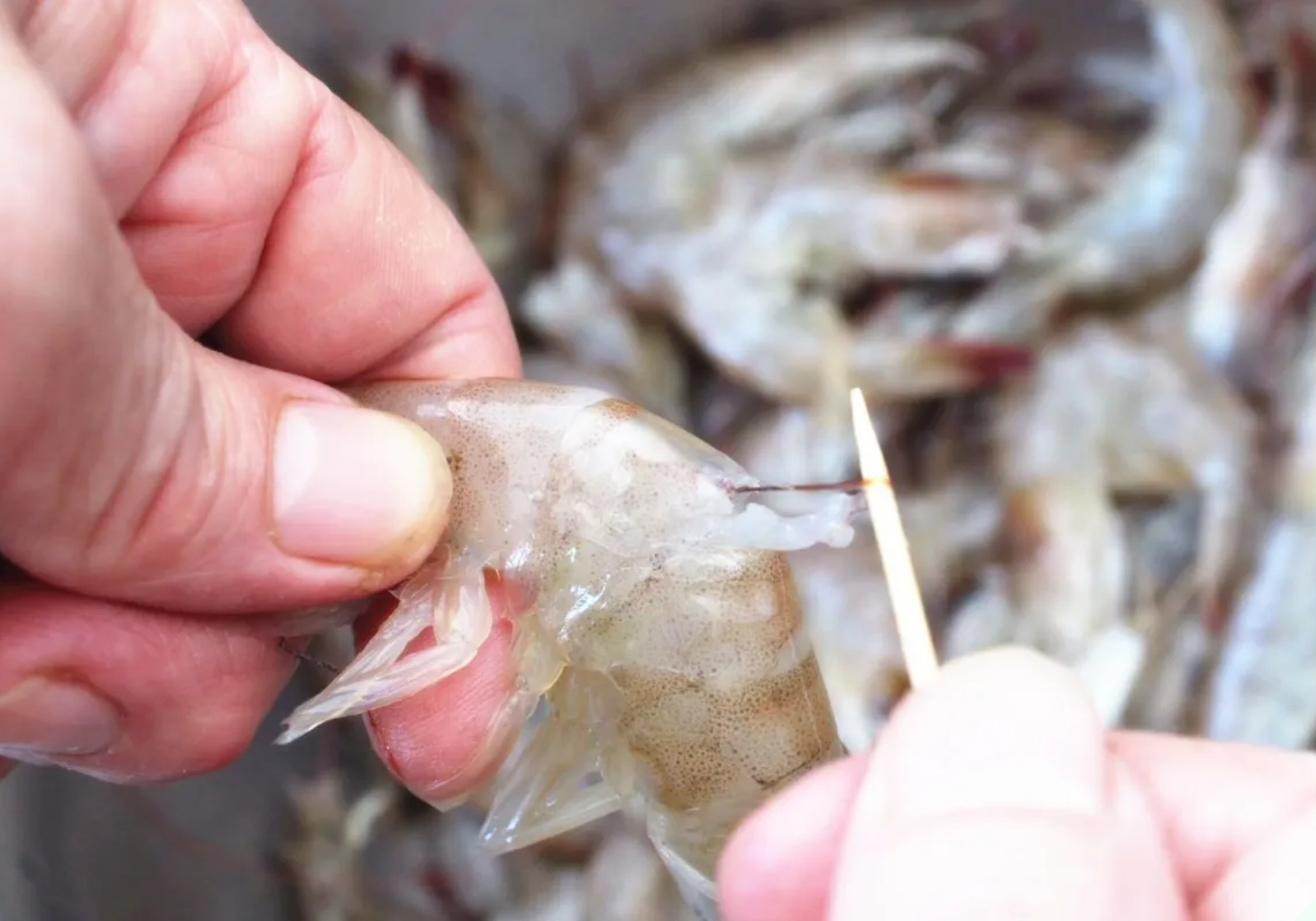
2. Use Lemon or Lime Juice
Soaking the shrimp in lemon or lime juice for a few minutes before cooking can help eliminate any fishy smell. Alternatively, you can add a splash of citrus juice while cooking to enhance the flavor and eliminate any unwanted odors.
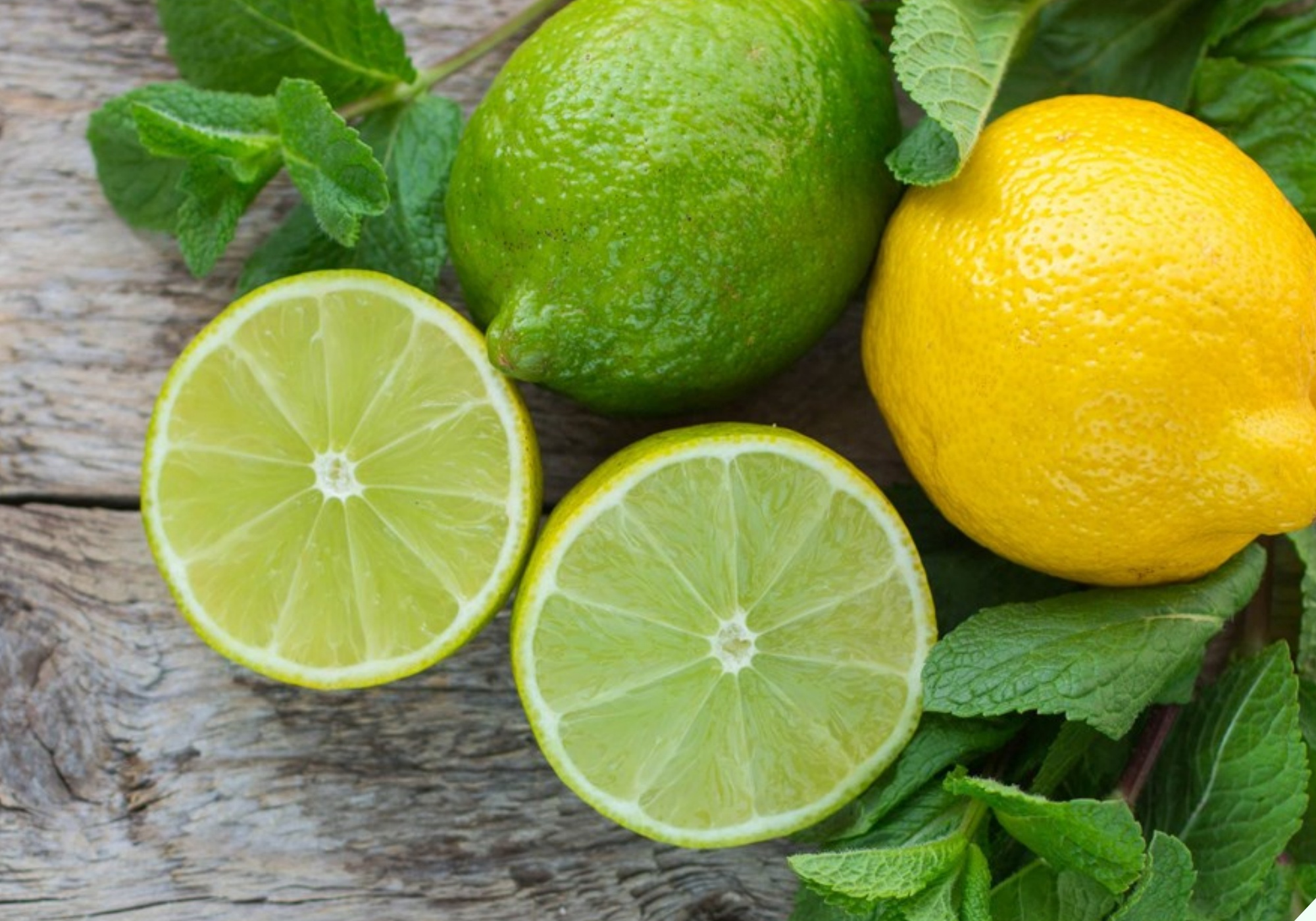
3. Cinnamon
Cinnamon is a surprising but effective ingredient to eliminate fishy odors and keep shrimp fresh. Simply add a cinnamon stick to a pot of boiling water and cook the shrimp as usual.
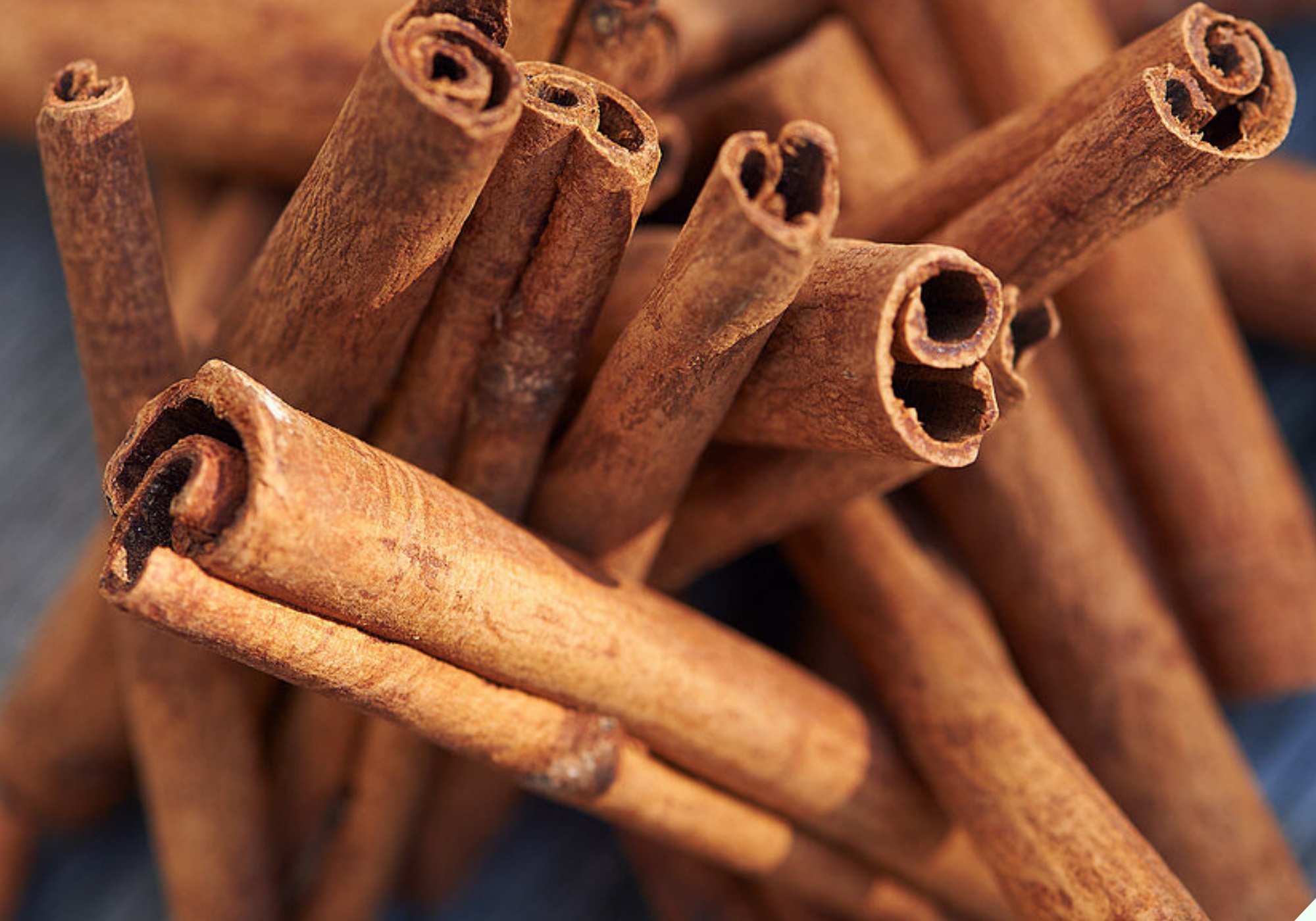
4. Marinate with Cooking Wine
Pouring cooking wine over the shrimp and marinating for about 20 minutes can also help reduce the fishy smell.
5. Vinegar and Salt Water
Soak the shrimp in a mixture of vinegar and salt water for about 30 minutes. This not only eliminates the fishy smell but also removes any muddy or earthy flavors that are common in shrimp caught from ponds or lakes.
How to Boil Shrimp Like a Pro
Ingredients:
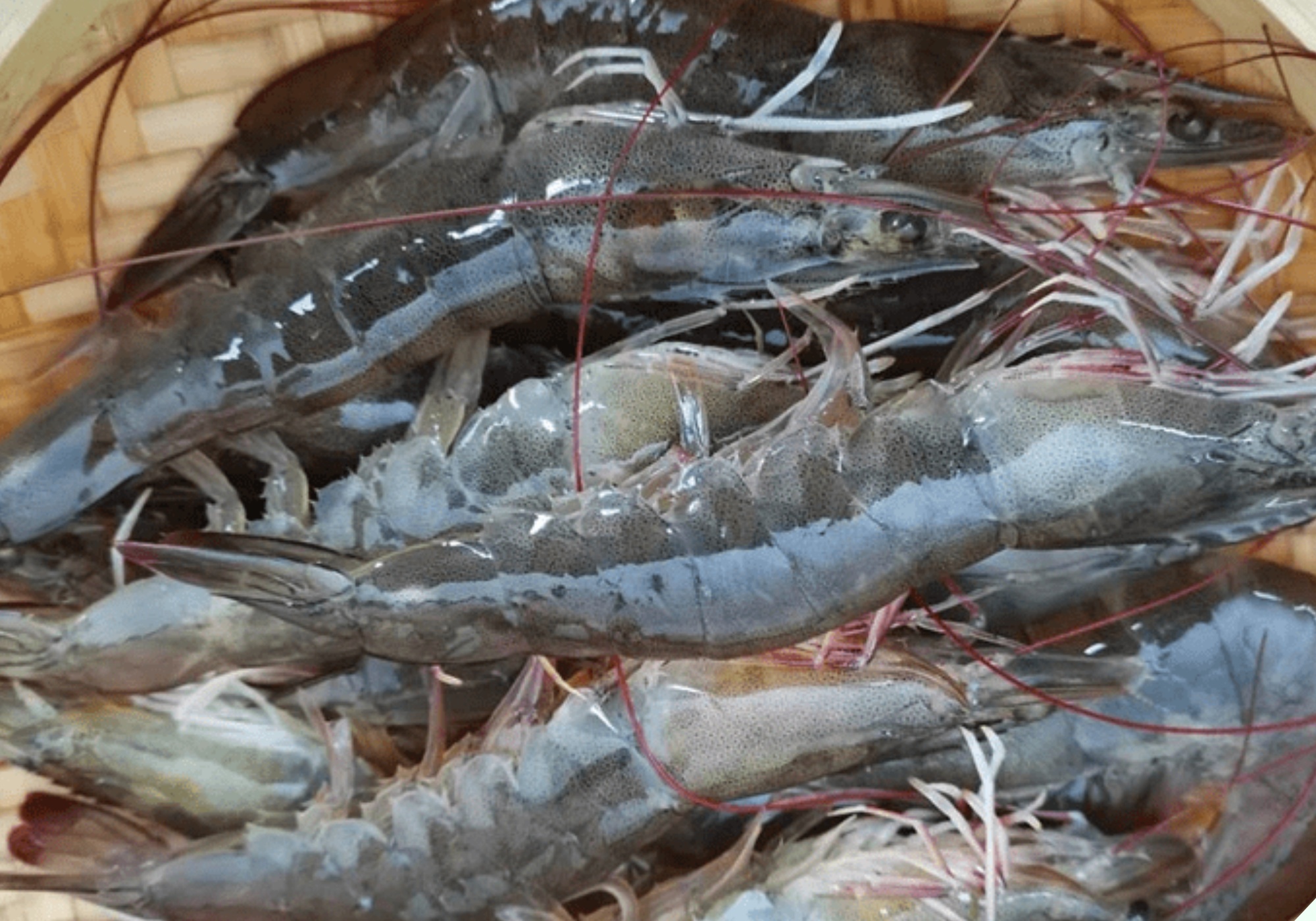
- 1 kg shrimp
- Scallions
- Ginger
- Garlic
- Fresh chili peppers
- Salt, soy sauce, cooking oil, and pepper
- Calcium oxide (quicklime)
Instructions:
- Clean and devein the shrimp, removing the legs and antennae. Rinse and set aside to drain.
- Finely chop the chili, garlic, and ginger. Chop the scallions.
- In a pot, add water, a pinch of calcium oxide, and a teaspoon of salt. Bring to a gentle boil. Add the shrimp and cover. Cook until the shrimp turn red and curl slightly.
- Turn off the heat and transfer the shrimp to a bowl of ice water for about 10 minutes.
- In a separate pan, heat some cooking oil. Add the chopped garlic and ginger, and sauté until fragrant. Season with salt, soy sauce, and chili. Toss in the scallions and remove from the heat.
- Serve the boiled shrimp with the fragrant sauce. The shrimp should be tender and sweet, and the sauce adds a spicy kick.
Avoid overcooking the shrimp, as this will make them tough and dry. They only need a few minutes to cook through.
Tips for Boiling Shrimp:
- For small to medium shrimp, 2-3 minutes of boiling is usually enough. For larger shrimp, you may need up to 5 minutes.
- Keep an eye on the color – when the shrimp turn bright red, they’re done. Don’t overboil them.
- Using ice water after boiling helps the shrimp retain their shape and texture.
- Maintain a high heat throughout the boiling process. Don’t overload the pot with too much shrimp at once.
The Ultimate Guide to Buying Bánh Chưng: Uncover the Secrets to Identifying High-Quality Treats
The traditional Vietnamese delicacy, Banh Chung, is often enjoyed during Lunar New Year celebrations, but consumers must be wary of the toxic variety cooked with battery acid. This harmful version can cause serious health issues, so it is imperative that buyers are vigilant and discerning when making their purchases to ensure they are acquiring the authentic, safe-to-consume Banh Chung.


























